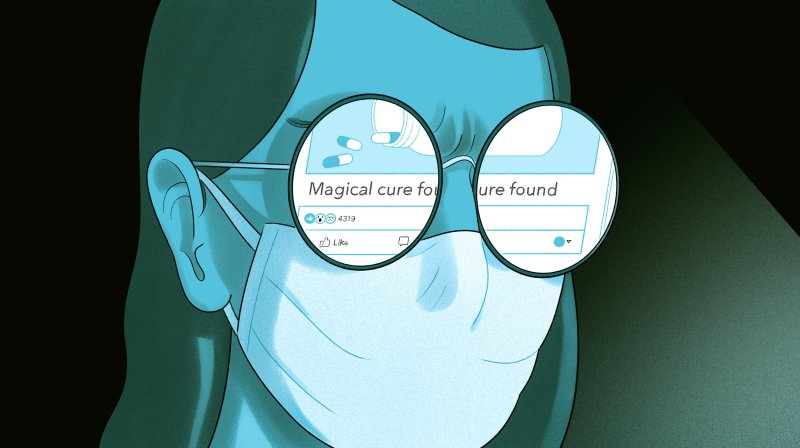Previous research shows that people identified as narcissists – those with an inflated sense of their own importance, a lack of empathy, and a need for attention – are more likely to be drawn to and believe in conspiracy theories.
The researchers suggest that each of these psychological processes is linked to different components that make up narcissism.
Those components include agentic extraversion (attempting to boost the ego and gain admiration through charm and fantasizing), antagonism (being arrogant, exploitative, and entitled), and neuroticism (experiencing low self-esteem and shame).
“We argue that each of these components of narcissism might predispose people to endorse conspiracy theories due to different psychological processes,” write the researchers in their published paper.
First, there’s paranoia, the way that narcissists tend to believe that other people are out to get them and trying to be intentionally harmful. That makes certain conspiracy theories easier to buy into.
Second, there’s the need for dominance and control. This need in narcissists can make conspiracy theories appealing as a way of shifting blame, using a different group as a scapegoat for something going wrong.
Lastly, there’s gullibility, warly makes someone more susceptible to untrustworthy and manipulative information and is linked to narcissistic people’s tendency to be more naive and less likely to engage in cognitive reflection.
The researchers also talk about how these insights can be used. Narcissism tends to be higher in politicians than in the general population, for example, which means there’s a danger that those in government might be more susceptible to conspiracy theories.

“The robust evidence linking different components of narcissism to belief in conspiracy theories has important implications,” write the researchers.
“Narcissists tend to view themselves as qualified for politics and tend to contemplate running for office.”
A better understanding of the narcissistic need to invest in conspiracy theories is essential in breaking that link, the team behind the new study says, perhaps through making sure those psychological needs are met or managed in different ways.
Options for future study include looking at how narcissists share and promote conspiracy theories (on social media, for example) and how these findings might relate to other kinds of fake or deliberately sensational information outside of conspiracy theories.
“Narcissists’ craving for validation and recognition is likely to have implications not only for their beliefs but also for their behaviors,” write the researchers.































